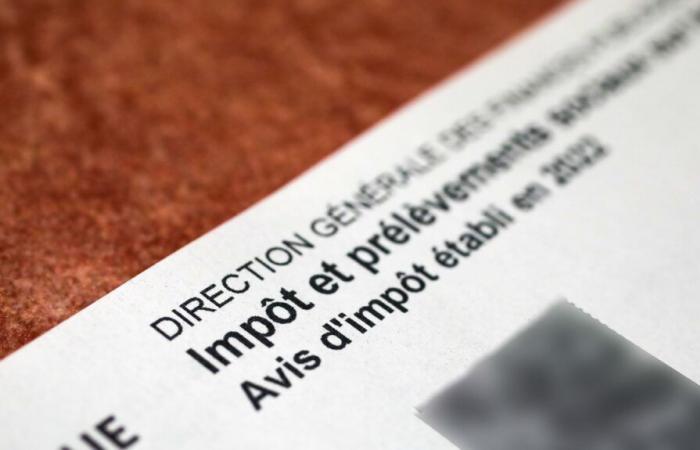Faced with growing deficits and widening inequalities, France must tax people more “super-inheritances”. This is the conclusion of the NGO Oxfam, which published a report on Tuesday, September 17, 2024, denouncing tax loopholes and excessive exemptions.
“There is a budgetary headache and the only topic that is being put forward is 'what savings'” achieve, affirmed the general director of Oxfam France, Cécile Duflot, during a press conference presenting this report.
The rich largely escape inheritance tax
However, there would be room to find additional revenue through increased taxation of the largest inheritances, according to the NGO, according to which the rich largely escape inheritance tax.
According to the report produced by the head of tax justice and inequalities at Oxfam France, Layla Abdelké Yakoub, the debate on inheritance is all the more heated as France is on the eve of the “great transmission of wealth”. A period during which the wealth accumulated by the “baby boomers” Who “have accumulated 20% more wealth than previous generations.”
THE “super-heirs” French people are particularly in the NGO's sights: 0.1% of heirs now receive around 13 million euros on average, or 180 times the median inheritance. But they only pay 10% in inheritance tax compared to a marginal rate of 45% in principle, Oxfam claims, while “nearly half of the population inherits little or nothing.”
Several billion euros of lost revenue
In addition, more than 460 billion euros could be transferred in the next thirty years by 25 French billionaires who are now over 70 years old. If they are only taxed at 10% there too, the shortfall for the State is estimated at 160 billion euros, according to the NGO's calculations based on data from the Economic Analysis Council (CAE).
Among the tax loopholes and exemptions that the rich benefit from, the report cites the Dutreil Pact – which allows for business transfers – and life insurance. Together, they represent a loss of several billion euros for public finances each year, although the data on the real cost of the Dutreil Pact is very patchy.
Oxfam also highlights the tax breaks on donations between parents and children or between grandparents and grandchildren. These allow the wealthiest to bequeath several hundred thousand euros every fifteen years without paying taxes.
Expected this week, the government of the new Prime Minister Michel Barnier is expected to announce savings in the next budget. Failing which, the Treasury warned in a note dated July, the public deficit will worsen compared to forecasts, while Paris has already been criticized by the European Commission for excessive deficit.
This could reach 5.6% of GDP this year (against 5.1% forecast) and 6.2% in 2025 (against 4.1%). A return to European targets in 2027 would require 110 billion in savings by that time.
Oxfam's recommendations
Among its proposals, Oxfam calls for reforming tax loopholes and exemptions deemed “useless”to eliminate the accumulation of deductions and to impose a single, progressive tax scale which is no longer differentiated according to family ties.
Today, “If you are the son of Bernard Arnault, you will pay less percentage of inheritance tax than if your aunt or godmother leaves you €15,000”, summarized Cécile Duflot during the presentation of the report, illustrating the different tax rates in the event of direct or indirect affiliation.
If you are the son of Bernard Arnault, you will pay less percentage of inheritance tax than if your aunt or godmother leaves you €15,000.
Cécile Duflot, Executive Director of Oxfam
Inheritance taxation regularly comes up in the French debate. During the 2022 presidential campaign, Emmanuel Macron proposed increasing the tax allowance on direct line inheritances from 100,000 to 150,000 euros, without subsequently implementing this reform. His opponent Jean-Luc Mélenchon proposed establishing a maximum inheritance of 12 million euros.
Oxfam's proposals come as the G20 developed countries are discussing this year whether to raise taxes on the “super-rich” whose wealth has grown sharply in recent years as stock prices soar.






